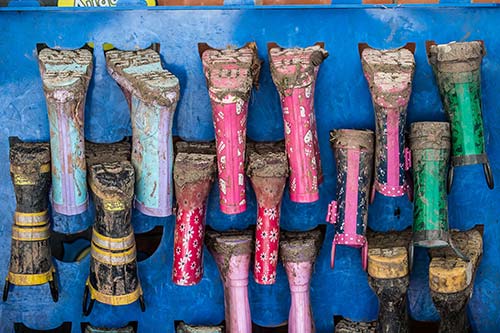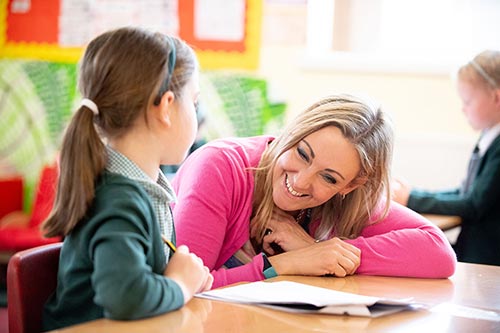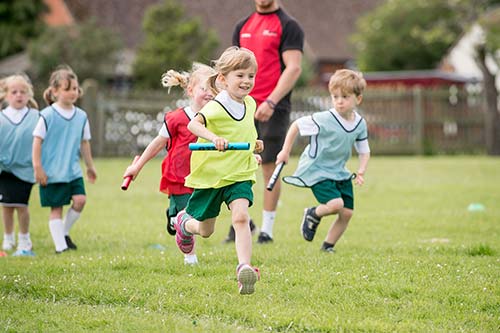FEDERATION CURRICULUM STATEMENT
PE
Intent
Our intent is to provide opportunities for pupils to become physically confident in a way which supports their health and fitness. Pupils are able to compete in sport and other activities to build confidence and help to embed values such as cooperation, resilience, fairness and respect.
Our curriculum for physical education aims to develop pupils who:
- participate in a broad range of physical activities for sustained periods of time.
- engage in competitive sports and activities
- lead healthy, active lives.
Implementation
PE at school provides challenging and enjoyable learning through a range of sporting activities including; invasion games, net and wall games, strike and field games, gymnastics, dance, swimming and outdoor and adventurous activities.
In Early Years we nurture children’s strong need and desire to be physically active which builds the foundations for other areas of their development by:
- Building children’s strength, stamina, balance, co-ordination and dexterity
- Developing a range of large and small movements which they can control
- Improving and refining children’s control and manipulation of a variety of tools
- Instilling a sense of confidence in children’s own physical abilities enabling them to negotiate spaces
- Promoting independence by teaching them to make decisions and choices that will keep them healthy and safe.
Dance
In Early Years we capitalise on children’s innate desire to move by:
- Providing freedom for children to be expressive, experimenting with and creating their own series of movements
- Reinforcing children’s responses to music and encouraging choreography and performance
- Cultivating children’s desire to be inventive and imaginative allowing them to express their creativity in ways that are personal to them.
In line with the National Curriculum 2014:
Key Stage 1
Pupils should develop fundamental movement skills, become increasingly competent and confident and access a broad range of opportunities to extend their agility, balance and coordination, individually and with others. They should be able to engage in competitive (both against self and against others) and co-operative physical activities, in a range of increasingly challenging situations. Pupils should be taught to:
- master basic movements including running, jumping, throwing and catching, as well as developing balance, agility and co-ordination, and begin to apply these in a range of activities
- participate in team games, developing simple tactics for attacking and defending
- perform dances using simple movement patterns.
Key Stage 2
Pupils should continue to apply and develop a broader range of skills, learning how to use them in different ways and to link them to make actions and sequences of movement. They should enjoy communicating, collaborating and competing with each other. They should develop an understanding of how to improve in different physical activities and sports and learn how to evaluate and recognise their own success. Pupils should be taught to:
- use running, jumping, throwing and catching in isolation and in combination
- play competitive games, modified where appropriate [for example, badminton, basketball, cricket, football, hockey, netball, rounders and tennis], and apply basic principles suitable for attacking and defending
- develop flexibility, strength, technique, control and balance [for example, through athletics and gymnastics]
- perform dances using a range of movement patterns
- take part in outdoor and adventurous activity challenges both individually and within a team
- compare their performances with previous ones and demonstrate improvement to achieve their personal best.
The long term plan sets out the PE units which are to be taught throughout the year and ensures that the requirements of the National Curriculum are fully met. Swimming is taught through a local swim school for one half term every year in KS2Pupils participate in two high quality PE lessons each week, covering two sporting disciplines every half term. In addition, children are encouraged to participate in the varied range of extra-curricular activities.
We are developing our access to competitive sporting events within the local area. This is an inclusive approach which endeavours to encourage not only physical development but also mental well-being. These events also develop teamwork and leadership skills and are very much enjoyed by the children. External coaches are used for some delivery of the PE curriculum.
Impact
We help motivate children to participate in a variety of sports through quality teaching that is engaging and fun. From our lessons, our children learn to take responsibility for their own health and fitness, and they also enjoy the success of competitive sports.
Attainment in PE is reported on for each child in the end of year annual report.




